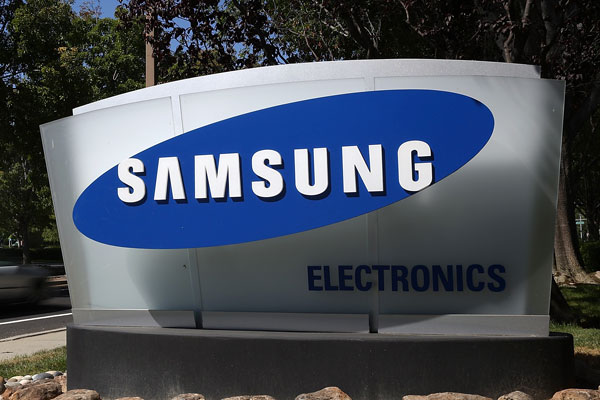The Ministry of Communications and Information Technology (MCIT) is implementing the State’s strategy for digitisation by enabling all sectors of the country to complete digital transformation projects. The ministry is working with all state agencies to develop the digital system of the new capital and to become a digital government based on a participatory electronic environment between various ministries, institutions, and state agencies in a digitally inclusive manner.
During the past year, the MCIT cooperated with the Administrative Control Authority. The Ministry of Planning, follow-up the administrative reform, in building an integrated database, with 60 , so far, finalised in different sectors.
The Ministry of Communications also succeeded in digitising more than 20 government services and made them available through various channels. They will be made available through mobile phone applications, digital platforms, and government service centres. This came in cooperation with the Ministry of Planning in addition to the communication centres and Egypt Post offices.
The Ministry of Communications also cooperated with the Ministry of Culture to work on the establishment of a digital platform for Egyptian cultural content. All activities of the Ministry of Culture, including audiovisual material, books, documents, and blogs shall be included and secured, with the availability policy in accordance with rules established by the Ministry of Culture. These policies guarantee the protection of intellectual property rights and the rights of publishers.
The ministry, represented in NTRA, is working to supervise the execution of an ambitious plan to modernise communication infrastructure. It began with replacing copper cables with fibre optic cables, and an increase in the number of smart collection units to improve the quality of communications services throughout the country, with a particular focus on smart cities, and new urban communities. This is in addition to cooperating with companies operating in the sector to cover remote areas and strategic roads of communications services.
The MCIT, in cooperation with the Ministry of Education and Technical Education, has also developed the educational system. Telecom Egypt provided the telecommunications network infrastructure to provide high-speed Internet services using fibre-optic technology for 2,563 secondary schools in all governorates. The Ministry also linked 4,500km fibre optics cables to non-secondary schools.




